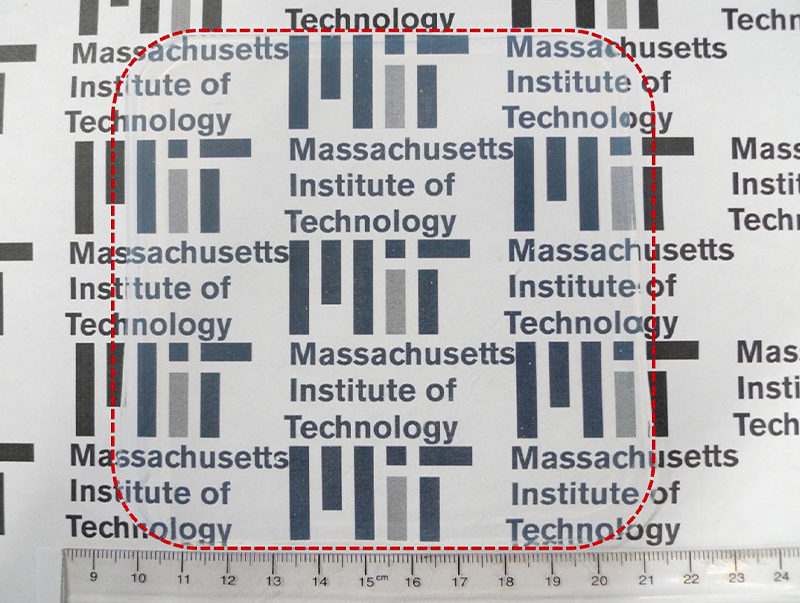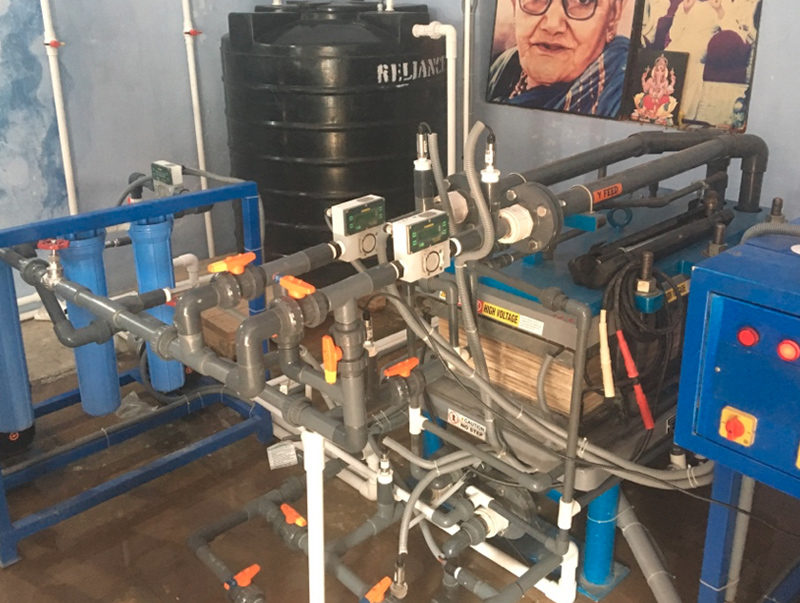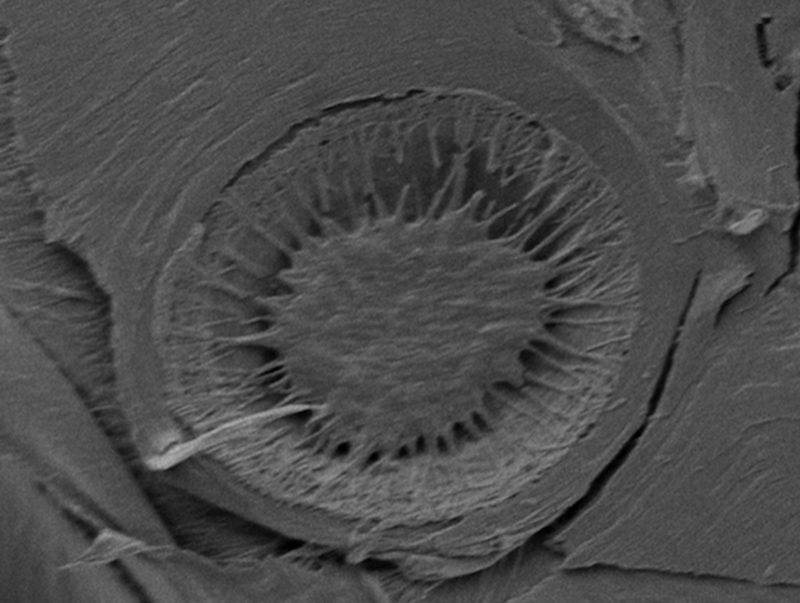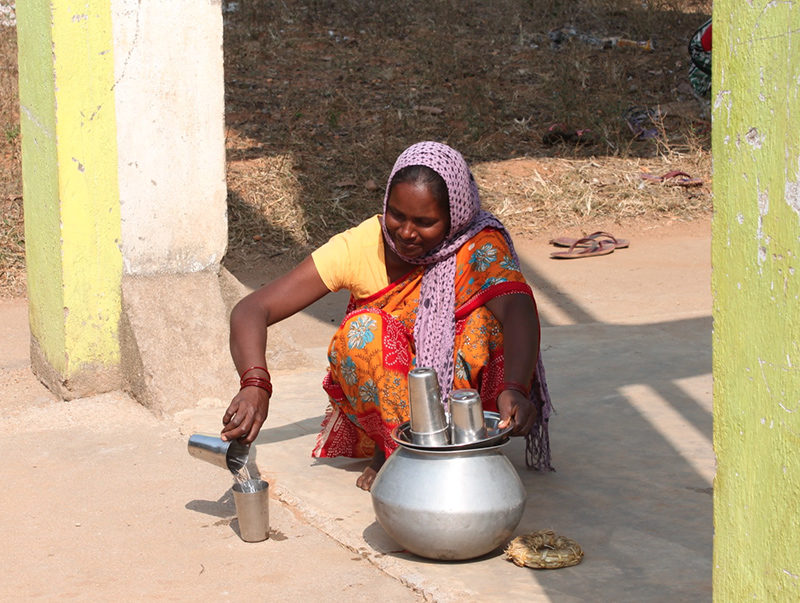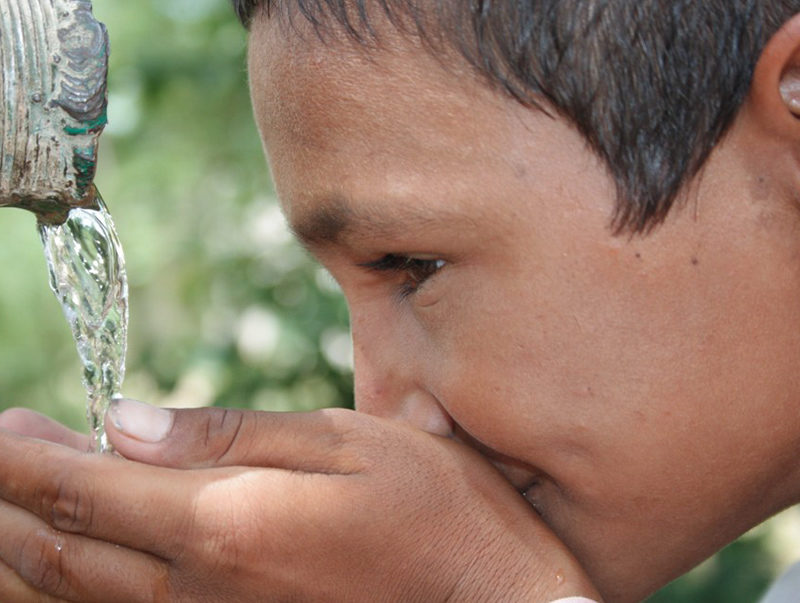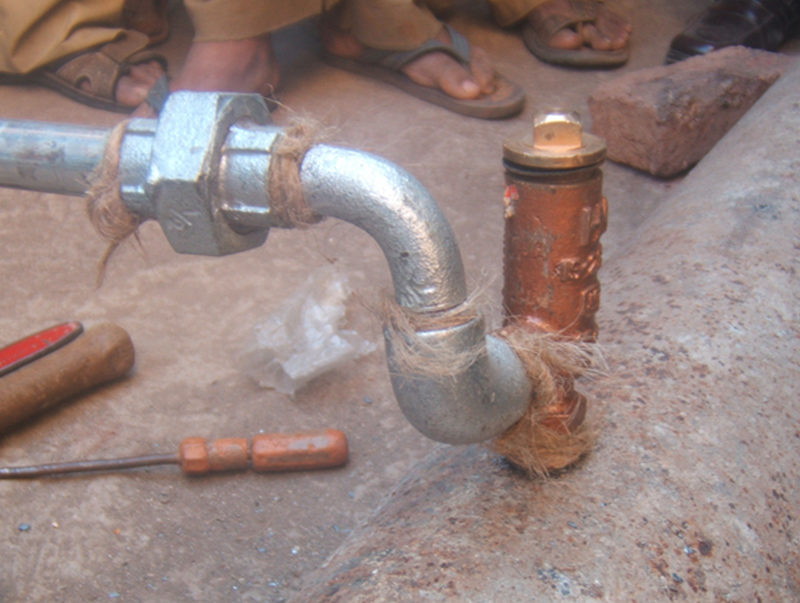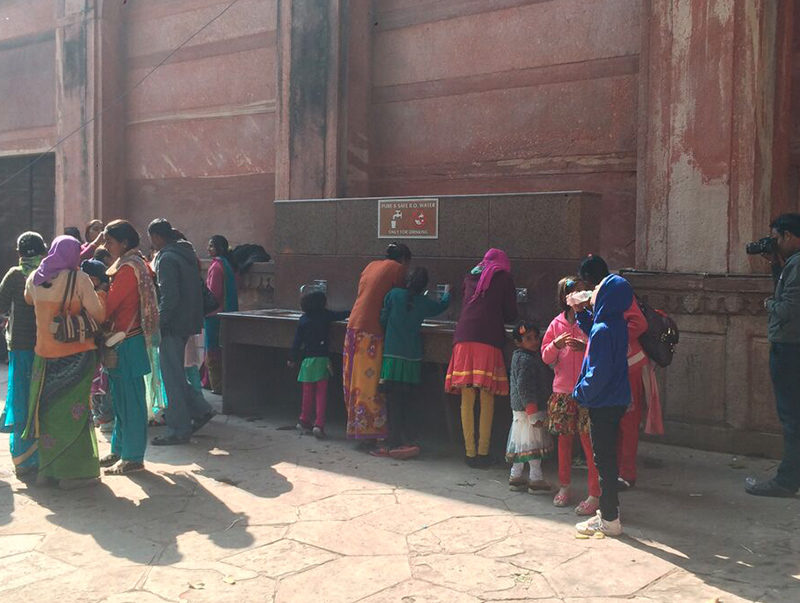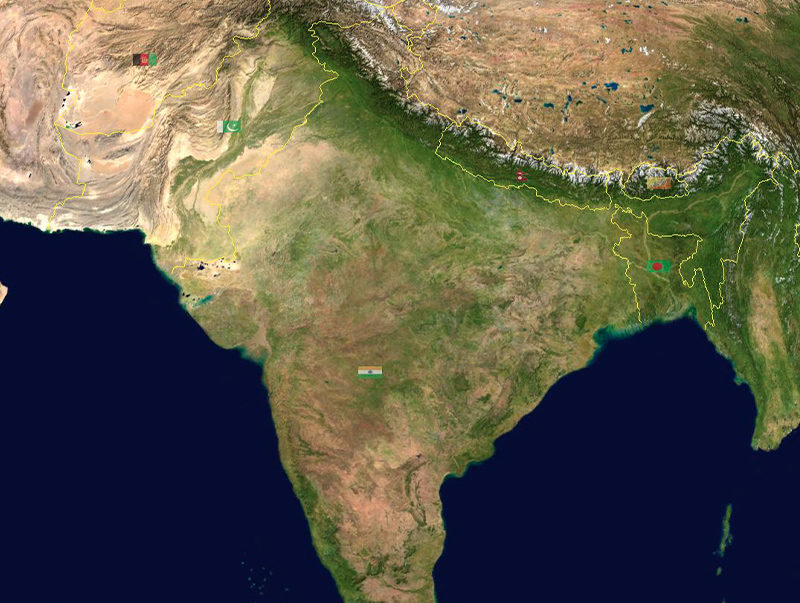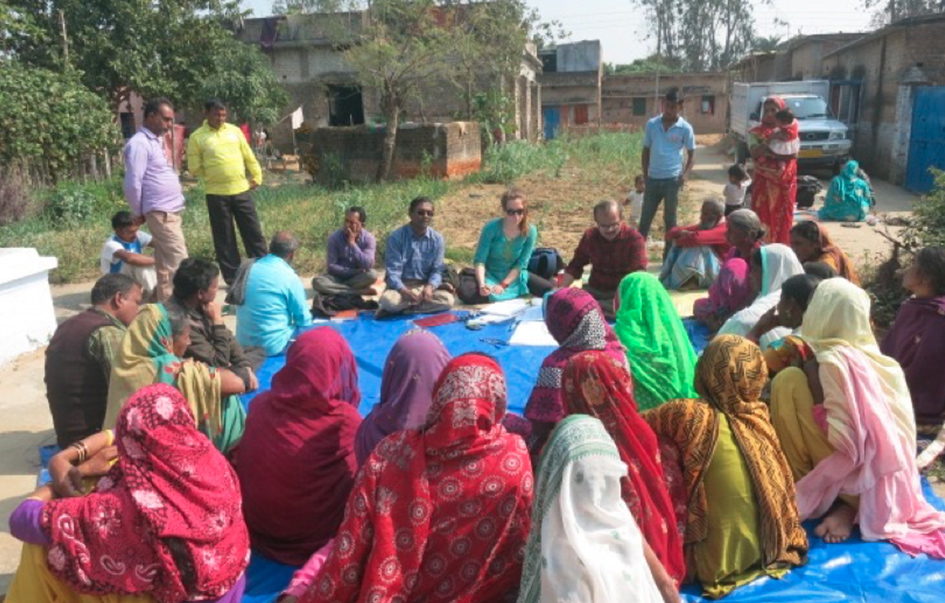
Water quality management is a pressing problem throughout rural India; poor microbial water quality can lead to severe and persistent health issues, including diarrhea and cholera. One major contributing factor is that end users frequently lack awareness of water contamination and remediation methods. There are several organizations that aim to educate rural citizens about the effects of poor water and sanitation practices, but they lack a rapid quantitative tool that can demonstrate the quality of water.
Existing microbial water quality tests require overnight incubation, and are not sufficiently accurate to mandate government action. Overall, existing water tests are not appropriate for community-driven advocacy for water management projects.
We are working to develop an improved point-of-use water-testing paradigm, consisting of both an improved bacteriological sensor capable of same-day results and a model of information flows and resulting actions in water quality management. Our aim is to develop a test capable of detecting indicator bacteria at the required detection limit of one culture-forming unit per 100 mL sample with a robustness and ease-of-use that will facilitate sustainable testing in remote areas. The accompanying system dynamics model will facilitate our understanding of key water quality management decisions, such as the best placement and use of improved water sensors.
Current tests are being done in the laboratory to develop improved sensor technologies, and we are partnering with the Indian NGOs PRADAN and Himmotthan to develop a holistic understanding of water management practices in rural India.



